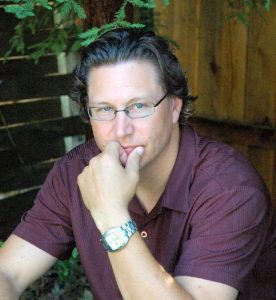
Couples Therapy
By Cisais | Couples and Relationships
First, it is important to realize that couples therapy, marriage counseling, and marital therapy are all the same. These different names have been used to describe the same process, with the difference often based on which psychotherapy theory is favored by the psychologist using the term, or whether an insurance company requires a specific name for reimbursement.
Couples therapy is often seen as different from psychotherapy because a relationship is the focus of attention, instead of one individual diagnosed with a specific psychological problem. This difference only arises if you consider psychological problems to be similar to medical illnesses, and therefore confined to a “sick” individual who needs treatment. That medical model of psychological diagnosis and treatment is common, but is really inadequate to describe and resolve psychological problems. All psychological problems, and all psychological changes involve both individual symptoms (behavior, emotions, conflicts, thought processes) and changes in interpersonal relationships.
Couples therapy focuses on the problems existing in the relationship between two people. But, these relationship problems always involve individual symptoms and problems, as well as the relationship conflicts. For example, if you are constantly arguing with your spouse, you will probably also be chronically anxious, angry or depressed (or all three). Or, if you have difficulty controlling your temper, you will have more arguments with your partner.
In couples therapy, the therapist will help you and your partner identify the conflict issues within your relationship, and will help you decide what changes are needed, in the relationship and in the behavior of each partner, for both of you to feel satisfied with the relationship.
These changes may be different ways of interacting within the relationship, or they may be individual changes related to personal psychological problems. Couples therapy involves learning how to communicate more effectively, and how to listen more closely. Couples must learn how to avoid competing with each other and need to identify common life goals and how to share responsibilities within their relationship. Sometimes the process is very similar to individual psychotherapy, sometimes it is more like mediation, and sometimes it is educational. The combination of these three components is what makes it effective.


 The most important part of this process is open communication in which each person has a chance to express how they feel and come to an understanding about the roles they have agreed to play and when they expect them to shift. Each time a dynamic shift occurs, a ceremony of acknowledgment can lend an air of distinction to the moment. This can be a simple dinner date or an elaborate ritual, depending upon what works best for us at the time. Perhaps the most important thing is expressing gratitude to the person in the supporting role and encouragement to the person moving in a new direction. When the flow of feeling and communication is open, a healthy closeness develops that allows each person in the relationship to have a turn at each of these important roles.
The most important part of this process is open communication in which each person has a chance to express how they feel and come to an understanding about the roles they have agreed to play and when they expect them to shift. Each time a dynamic shift occurs, a ceremony of acknowledgment can lend an air of distinction to the moment. This can be a simple dinner date or an elaborate ritual, depending upon what works best for us at the time. Perhaps the most important thing is expressing gratitude to the person in the supporting role and encouragement to the person moving in a new direction. When the flow of feeling and communication is open, a healthy closeness develops that allows each person in the relationship to have a turn at each of these important roles.
